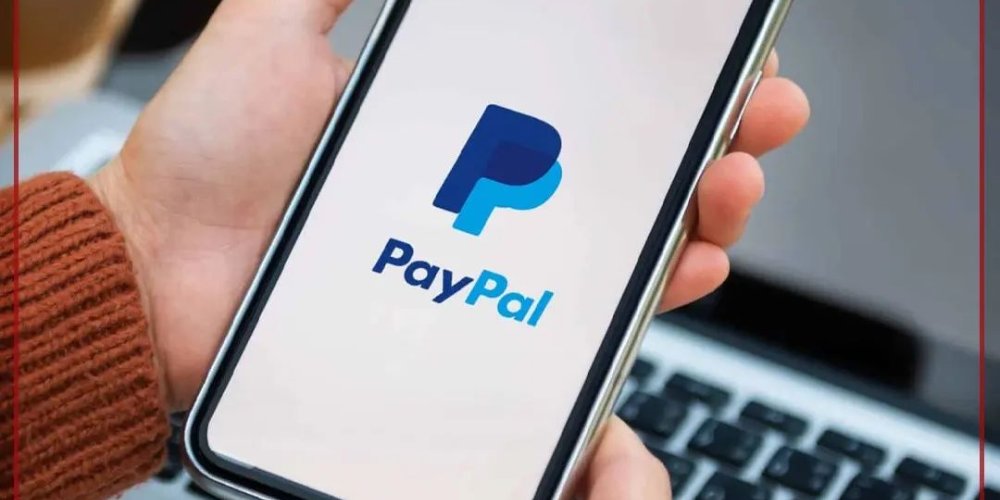Callable CDs have become increasingly popular among investors looking for higher yields. They offer competitive interest rates and allow banks or brokerage firms to redeem the CD before its maturity. When interest rates decline, financial institutions may call back these CDs, potentially affecting investors' profitability.
How Callable CDs Work
A callable CD operates like a regular certificate of deposit but with one critical difference: the issuer holds the right to call or redeem the CD before the end of its term. This feature becomes more common when interest rates fall as banks look to avoid paying the higher rates associated with callable CDs. For example, if a callable CD offers a 5% interest rate, but prevailing rates drop to 3%, the bank might call back the CD to avoid paying the higher rate.

CNN | MSN | If a callable CD offers a 5% interest rate, but prevailing rates drop to 3%, the bank might call back the CD to avoid paying the higher rate.
Why Banks Call Callable CDs
The Federal Reserve’s recent rate-cutting cycle has increased the likelihood of callable CDs being redeemed early. Lower interest rates make it financially advantageous for banks to redeem these CDs rather than continue paying elevated yields. Financial experts point out that if a CD pays a rate well above the market average, the institution will likely call it back in a declining rate environment to minimize expenses.
Are All CDs Callable?
Not every CD has a callable feature. Traditional CDs do not offer early redemption options for issuers, which provides investors with more predictable returns. Callable CDs typically offer higher interest rates as compensation for the risk of early termination. To determine if a CD is callable, savers should carefully examine the terms, paying attention to details like the non-callable period and call schedule. A non-callable period is an initial period during which the issuer cannot call the CD. After this period, there may be specific dates when the bank has the option to redeem the CD.
What Happens if a Callable CD Is Called?
When a bank or broker calls a CD, the investor receives the principal amount plus any accrued interest. However, the downside is that investors miss out on the interest they would have earned had the CD reached maturity. Losing out on these future earnings can be frustrating for those relying on steady returns, as they may not find a comparable rate in the current market.
What to Do if Your CD Gets Called
Investors should quickly explore alternative savings options to keep their funds productive if a CD is called. Parking the money in a high-yield money market account can provide temporary earnings while other investment opportunities are evaluated. Current money market rates can offer returns between 3.5% and 4.5%, but these rates may not last, so acting promptly is essential.

Adam Palasciano | MSN | Investors should quickly explore alternative savings options to keep their funds productive if a CD is called.
Investors may also consider annuities or Treasury securities as replacements for a called CD. Annuities, offered by insurance companies, can provide similar returns with terms ranging from two to ten years or more. However, annuities often carry steep penalties for early withdrawals, making them less flexible than CDs. Treasury securities, meanwhile, are nearly risk-free government-issued bonds that pay regular interest and can be sold before maturity if needed. Depending on the term, treasury yields currently range from 4% to 5%.
While callable CDs offer enticing interest rates, they carry the risk of early redemption, especially in a declining interest rate environment. Investors should weigh this risk carefully when selecting CDs, particularly if they are seeking stable, long-term income. By understanding the terms of callable CDs and having a plan in place, investors can better manage the potential financial impact if a CD is called before maturity.



